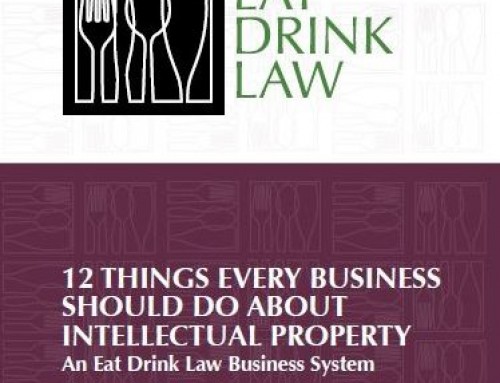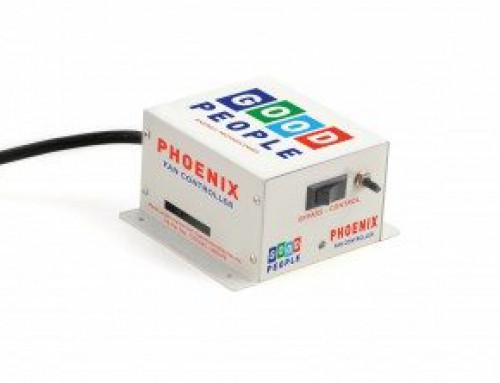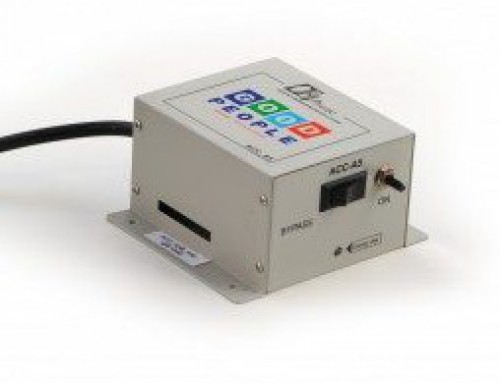So, now you should know the basics of what a trade secret is and whether it might be important to protecting the recipe or formulation of your product, not to mention lots of other stuff like your customer lists, production process, financials, and business plans. If you missed Is Your Recipe or Formulation a Trade Secret, then click the link and check it out.
Now we are going to look at the top 7 things many food entrepreneurs don’t understand about trade secrets. Even if you feel pretty trade secret savvy, think if it as a pop quiz and see how you do.
- Almost anything can be a trade secret, but that doesn’t mean everything is. Hopefully, you picked up on this in the last blog. Any kind of information can be made into a trade secret, but you have to treat it like one: keep it secret, understand its value, and put reasonable safeguards in place to protect it.
- Non-Disclosure Agreements are contracts, not magic. Signing an NDA doesn’t actually mean that anyone will keep your information secret. It is just another contract and when push comes to shove it will be your willingness and ability to sue someone for breach of contract that determines how strong it is. There are people out there who sign such agreements with callous disregard. NDAs can be challenging to enforce successfully and the legal remedies are almost never all that satisfying. That said, if you have to share confidential information then an NDA is a critical tool (and most people do respect them without a lawsuit).
- If you claim everything is a trade secret, then maybe nothing is. Because almost anything can be a trade secret, some entrepreneurs get a little crazy about it and act like everything they do should be treated like the Coca-Cola formula. It can be pretty annoying to deal with and you will end up with people refusing to sign your NDA and just walking away. It also leads to people saying that everything is a trade secret, but then not actually treating them like it. I’m sure you’ve seen people who add a signature to every e-mail claiming that its contents are confidential, but in practice that isn’t how people really treat e-mail. Acting like everything is a trade secret can actually create a problem if you ever get in a legal dispute about a trade secret you really care about. Every lapse related to the things you didn’t really need to treat as trade secrets (but claimed you were) will be a strike against the reasonableness of your trade secret policies.
- Trade Secrets are assets, you have to manage them. As with most intellectual property, trade secrets are assets and should be treated like it. They generally belong to the business that is using them for commercial benefit. And you should make sure that’s true in your company by making founders and employees assign their rights to the business. Similarly, when a business folds, is sold, or a someone leaves, it’s a mistake to think that the trade secrets necessarily go away or you are free to do as you please with them.
- Industrial espionage isn’t the problem, employees are. You probably don’t need to worry about someone sneaking into your facility and rifling through your files in the dark of night. Industrial espionage is pretty rare and, when it does happen, it is more likely a supplier rep with an iPhone or a disgruntled employee courted by a competitor that will be the perpetrator. Employees tend to be the weak point in most businesses’ trade secret protection. Some of this is the natural challenge of the job market and people moving around for legitimate reasons. Some of it comes from anger and the ease with which unhappy employees can take critical information and share it with the world via the internet. But a lot of it is simply neglect. Employees don’t really think that much about it and are all too ready to discuss product plans, strategic deals, or business issues with customers, suppliers, and perfect strangers. Executives and co-founders can be guilty of this as well. It’s a natural tendency so you really have to be proactive if there are things you don’t want getting out.
- Trade secrets don’t protect themselves, you need a system. I know most entrepreneurs hate the notion of policies and procedures. But without them, it is almost impossible to protect and defend trade secrets. Information wants to be free. People like to share what they know. It take effort to control these natural tendencies. This is one of the reasons you don’t want to treat everything as a trade secret. Pick the stuff that really matters, then have a clearly defined standard for how it is treated in your business. Once a trade secret gets out, you really can’t get it back. A lawsuit probably won’t put the genie back in the bottle, so you need to focus on systematic prevention of loss.
- The best kept secret is the one you don’t share. If you really want to keep something secret, then don’t share it. It doesn’t matter if you have NDAs and trade secret policies and a stack of cash to burn on attorneys. If your trade secret gets out, there is no bringing it back. If it’s really important to your business, then act like it and keep it close to the vest. This is really the central message of the Coca-Cola vault. No one in Coca-Cola needs access to the complete formula to produce the 1.7 billion servings of Coke products consumed each day. Who really needs to know your recipe and how can you ensure that it goes no farther?







